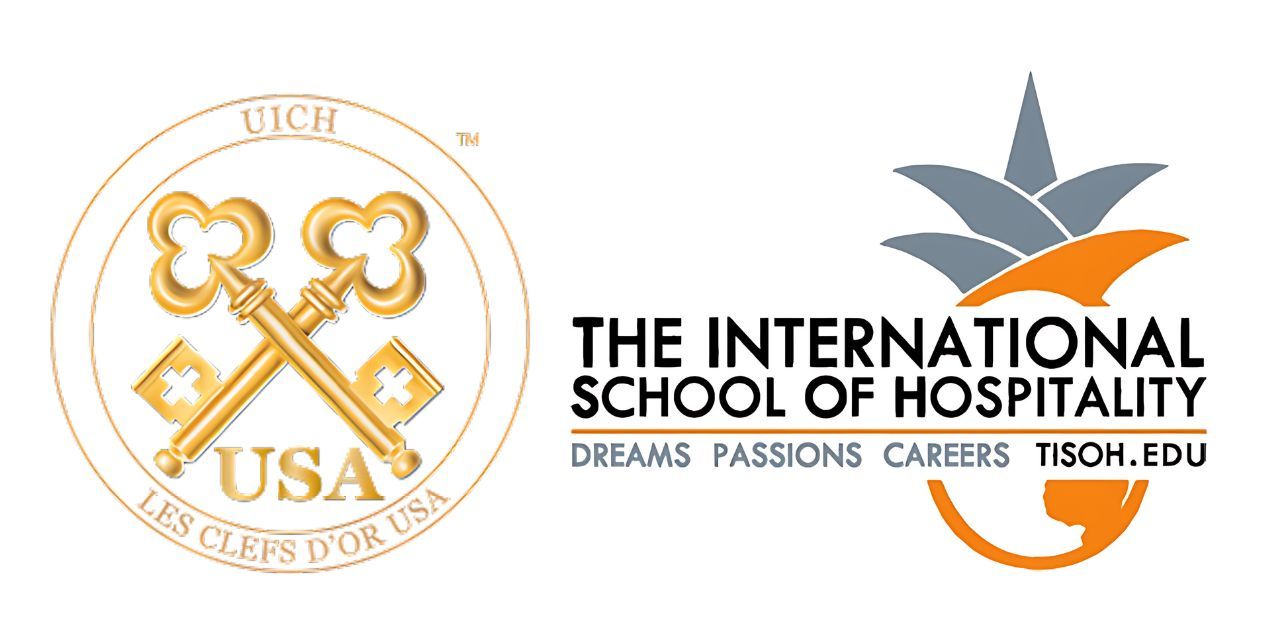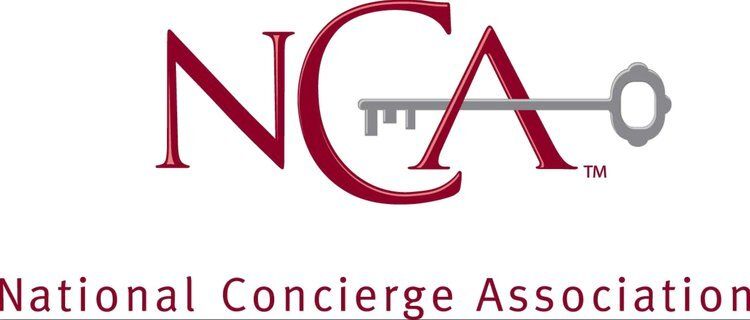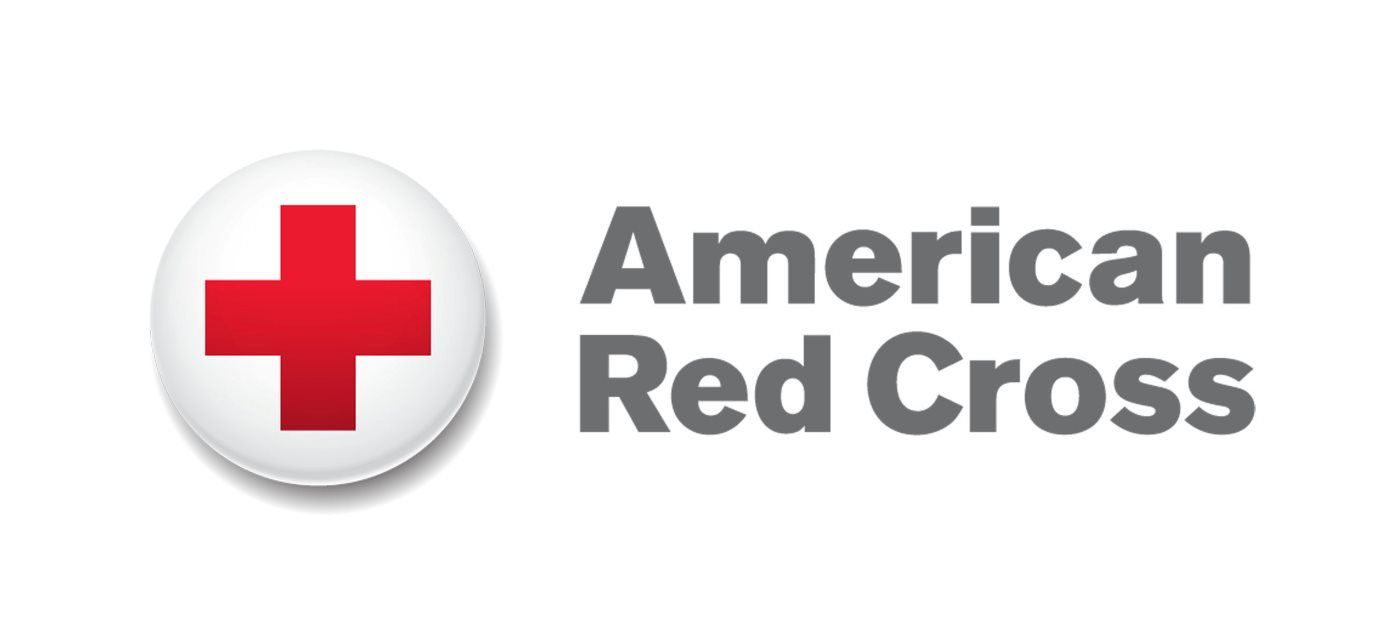How To Become a Concierge: Complete Guide
As the first point of contact with customers, it’s the Concierge’s job to ensure that every guest's experience is unforgettable.
If you’re set on becoming a Concierge and making it your career, we’re here to help. In this guide, we’ll provide you with the steps to become a Concierge, whether you prefer guided training or learning on your own for free.
Paid Pathway To Becoming a Concierge
Most entry-level Concierge employers in Miami don’t require a degree but are satisfied with just a high school diploma. However, a small minority might prefer a candidate with an associate’s degree.
If pursuing a degree isn’t possible for you right now, you have the option to obtain certifications instead. We’ve listed some of the best below to save you time.
Concierge training and certification programs
These certifications and courses will cover these topics, but do bear in mind this isn’t an all-inclusive list:
- Health and safety
- Computer proficiency
- Basics of customer service and concierge work
These courses are well worth the investment as they’ll teach you how to be compliant with health and safety regulations, basic computer abilities and the skills needed to succeed as a Concierge.
1. American Hotel & Lodging Educational Institute (AHLEI)

[Source: AHLEI]
AHLEI was established in 1933 and has since been recognized as the leading provider of academic resources, including textbooks, online programs and certifications, to help aspiring hospitality industry professionals start their careers.
It offers three different programs that aim to equip Concierges with soft skills, basic hospitality knowledge and technical know-how.
Guest Service is an online program that focuses on teaching candidates how to provide excellent customer experience. This includes how to provide personalized service, be personable and turn confrontational situations into positive experiences.
The training takes only two hours and requires applicants to complete a multiple-choice exam within an hour.
While the role of a Front Desk Representative or Receptionist generally focuses on the operational functions of an establishment rather than the guest experience that Concierges are known for, obtaining this certification can still be beneficial.
Understanding front desk operations will allow you to assist with check-ins and check-outs and provide a more comprehensive service to guests.
To secure this certification, you need to get a passing score of 70% on their 30-question exam.
Once you get the hang of the responsibilities of a Concierge and you’re ready to step up to a managerial role, AHLEI’s Certified Rooms Division Executive is the ideal certification for you.
It’s a self-paced, 40-hour program that makes it easy to balance your duties and responsibilities as a Concierge while upskilling.
The program focuses on room management, including communications, guest services, registrations and reservations. It also provides valuable skills in financial management, including front-office accounting, revenue management and planning and evaluating operations.
2. Les Clefs d’Or USA and The International School of Hospitality (TISOH)

[Source: Les Clefs d’Or USA and TISOH]
Developed by two of the most well-renowned hospitality organizations, the Certified Hotel Concierge certification is the international standard for hotel Concierges.
This certification teaches industry trends, the use of technology to provide personalized service and knowledge of diversity and risk management.
Administered by Certplace, a certification management company based in Nevada, it offers a guide to help applicants pass the exam.
3. National Concierge Association (NCA)

[Source: National Concierge Association (NCA)]
NCA is a membership organization that offers the NCA Certified Concierge designation.
Being a member of the NCA entitles you to benefits such as networking opportunities, online resource tools and invitations to special events aimed at furthering your career.
To get certified, you need to become a member of the NCA, attend orientations and complete all requirements, including an exam, an essay and an interview with the president and chief executive officer. You also need to obtain approval from their executive board of directors.
4. Microsoft Office

[Source: Microsoft]
Microsoft offers three different Office certification programs to demonstrate proficiency in using its applications, including Excel, Word, PowerPoint, SharePoint and OneNote.
Having a Microsoft Certified Expert credential under your list of qualifications can help set you apart from other applicants as it shows your ability to efficiently manage guest information.
Microsoft offers two ways to complete this certification: instructor-led and self-paced.
5. American Red Cross

[Source: American Red Cross]
While it’s not a qualification typically required specifically for Concierges, knowing how to administer Basic Life Support shows your readiness to handle emergencies in any role within the hospitality industry.
Pros and cons of Concierge courses and certifications
Below we’ve listed the pros and cons of choosing the paid pathway to becoming a Concierge.
Pros:
- Provides structured learning
- Adds credibility to your resume
- Improves your chances of career advancement
Cons:
- Can lead to thinking there’s only one right way to do things
- Can be costly
- Doesn’t provide real-world experience; some employers may value experience more than certifications
Apply for entry-level Concierge jobs
Once you’re ready, start submitting your resume to hotels, resorts, residential buildings, corporate offices, entertainment and event venues where the skills and knowledge you gained from obtaining the certifications mentioned above are highly valued.
OysterLink’s job listings for Concierges offer a lot of options to choose from to suit anyone’s skills and abilities — from no experience at all, to jobs requiring up to three years of previous experience in a similar role.
Free Pathway to Becoming a Concierge
If you don’t have the resources to buy certification programs or attend Concierge courses, don’t worry — most employers provide on-the-job training.
Focus on developing the basic skills needed and work from there. We’ll list them so you know what to prioritize.
Work on your communication skills
Your main responsibility as a Concierge is to communicate in a clear and concise way with the guests.
You can start practicing your communication skills with family and friends. Ask them to give you feedback about how you currently communicate so you know what areas need improvement. Maybe you speak too fast, often fidget or you have the tendency to interrupt others while they’re talking. Gather this information so you can address these issues.
The video below offers tips on how to improve this extremely valuable soft skill for Concierges. It even mentions subtle things such as body language and how to actively listen.
Look into industry experts
Sarah Dandashy is a Los Angeles-based hospitality expert and TV personality who has been invited to speak on various shows, including The Kelly Clarkson Show.
She used to work as a Concierge at The Peninsula Hotels and Raffles L'ermitage before becoming a full-time content creator, managing her own channel called Ask A Concierge.
Consuming content created by hospitality experts like Dandashy helps you learn best practices, methods and strategies to help you grow.
Get an internship or volunteer
If this is your first job ever and none of the employers around you are willing to hire a rookie, it’s time to start looking at getting an internship or volunteering so you gain some work experience.
You might have an animal rescue and care group in your area that’s looking for volunteers to help answer calls from those inquiring about fostering and adopting. This is a good opportunity to work on your multitasking and organizational skills, as well as attention to detail and patience.
Don’t worry if your first job isn’t as a Concierge. All of the skills you’ll learn in most customer-facing roles are completely transferable to the Concierge position.
